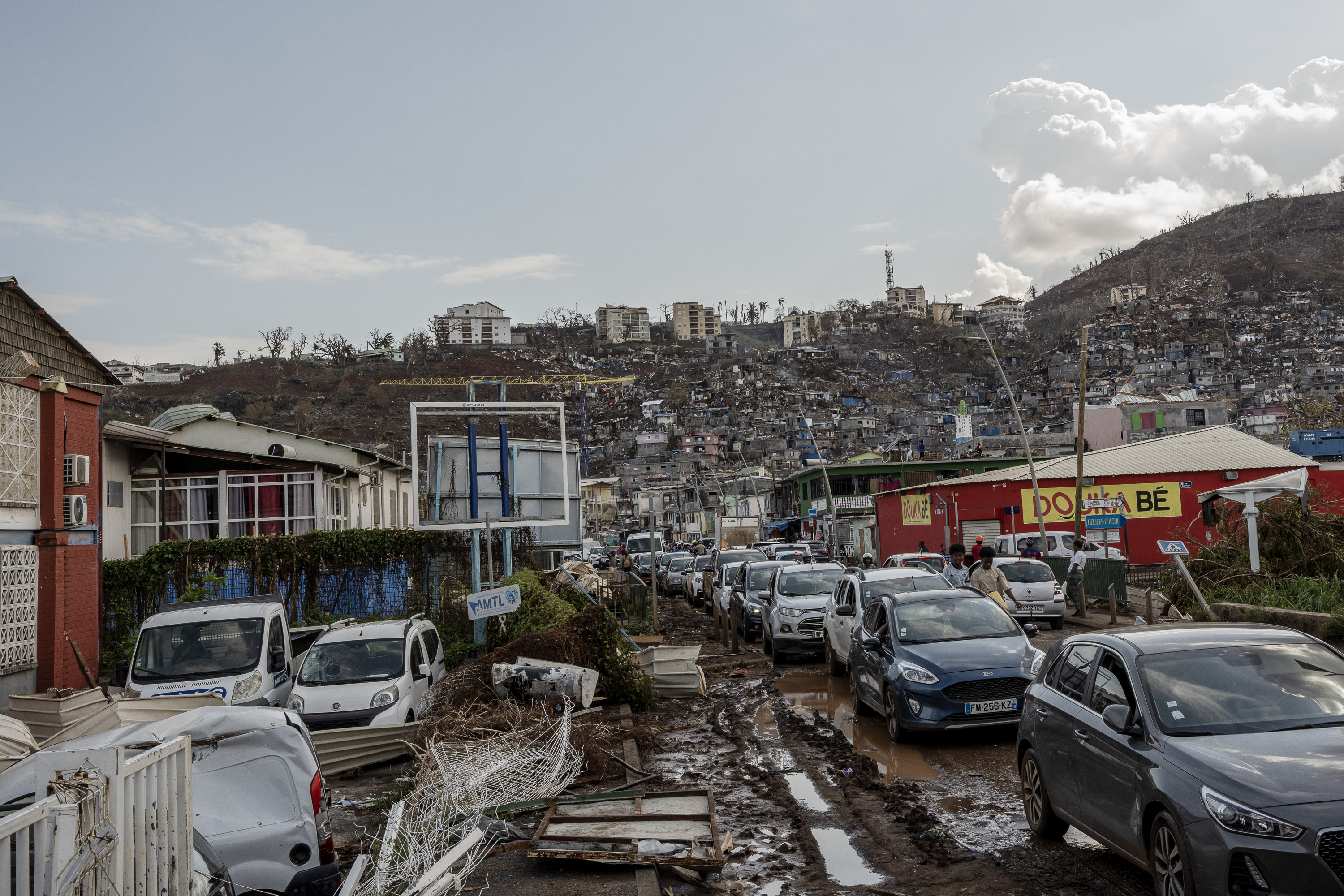Conserving the planet's biodiversity, which has been disappearing at a rate of up to 6% per decade in the last half-century, would cost between 688 billion and 921 billion per year. However, governments worldwide are allocating only 129 billion to this task, and not only that, since 2021, explicit public subsidies aimed at sectors that drive nature degradation have increased by 55%.
The Intergovernmental Science-Policy Platform on Biodiversity and Ecosystem Services (IPBES) of the UN, composed of more than 150 countries, has just released the Transformative Change report in Namibia, prepared over three years by 100 experts from 42 countries from all regions of the world, with the aim of halting the "collapse of the planet's biodiversity."
"Biodiversity is vital to meet the growing need for food, feed, fiber, and fuel for humanity," says Inger Andersen, Executive Director of the United Nations Environment Programme (UNEP).
The document warns that delaying actions to stop and reverse this loss of biodiversity in the world, even just for a decade, will cost twice as much as acting now, considering also that, according to their estimates, restoring it could generate over 10,000 billion euros in business opportunities, and 395 million jobs worldwide by 2030.
"According to current trends, there is a serious risk of irreversible biophysical tipping points, such as the disappearance of low-lying coral reefs, the extinction of the Amazon rainforest, and the loss of the ice sheets in Greenland and western Antarctica. Most past and current conservation approaches have failed to halt or reverse the decline of nature worldwide, with serious consequences for the economy and human well-being," said Professor Karen O'Brien, Chair of Human Geography at the University of Oslo, and Co-Chair of the IPBES Assessment along with Professor of Environmental Policy at the University of Michigan, Arun Agrawal (India and the USA), and a Doctor of Agricultural Sciences from the University of Buenos Aires, Lucas Garibaldi (Argentina).
"With our natural world on the brink of no return and a worsening climate emergency every day, gradual change is no longer sufficient," states Qu Dongyu, Director-General of the Food and Agriculture Organization of the United Nations (FAO).
The report highlights among the underlying causes of biodiversity loss the disconnection of people from nature. Less than 15% of forests are sustainably managed. Also, the unequal concentration of wealth, and policies that prioritize short-term gains. "Those who have benefited the most from economic activities associated with harm to nature - particularly high-income countries and wealthy individuals - have a greater responsibility and capacity to act. Holding them accountable can unleash the resources that drive change," Agrawal points out. Almost 40% of global wealth is in the hands of the richest 1% of the world's population.
"The diversity of societies, economies, cultures, and peoples means that no single approach provides an insight into how to achieve it," said Professor O'Brien. Although they believe that the vision of indigenous peoples in "harmony with nature" has a greater likelihood of promoting transformative change. They offer philosophies and ancestral knowledge based sometimes on non-human experiential ways of knowing and making sense of the world, the report emphasizes.
